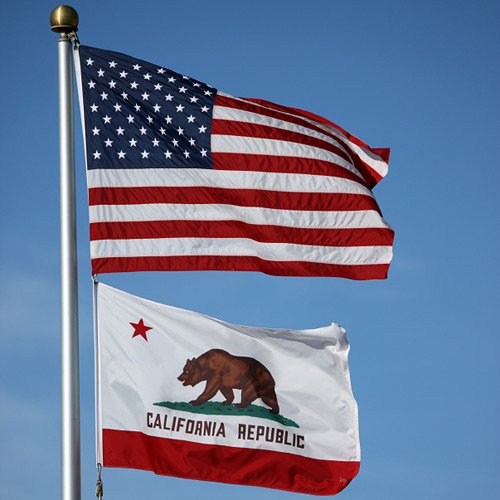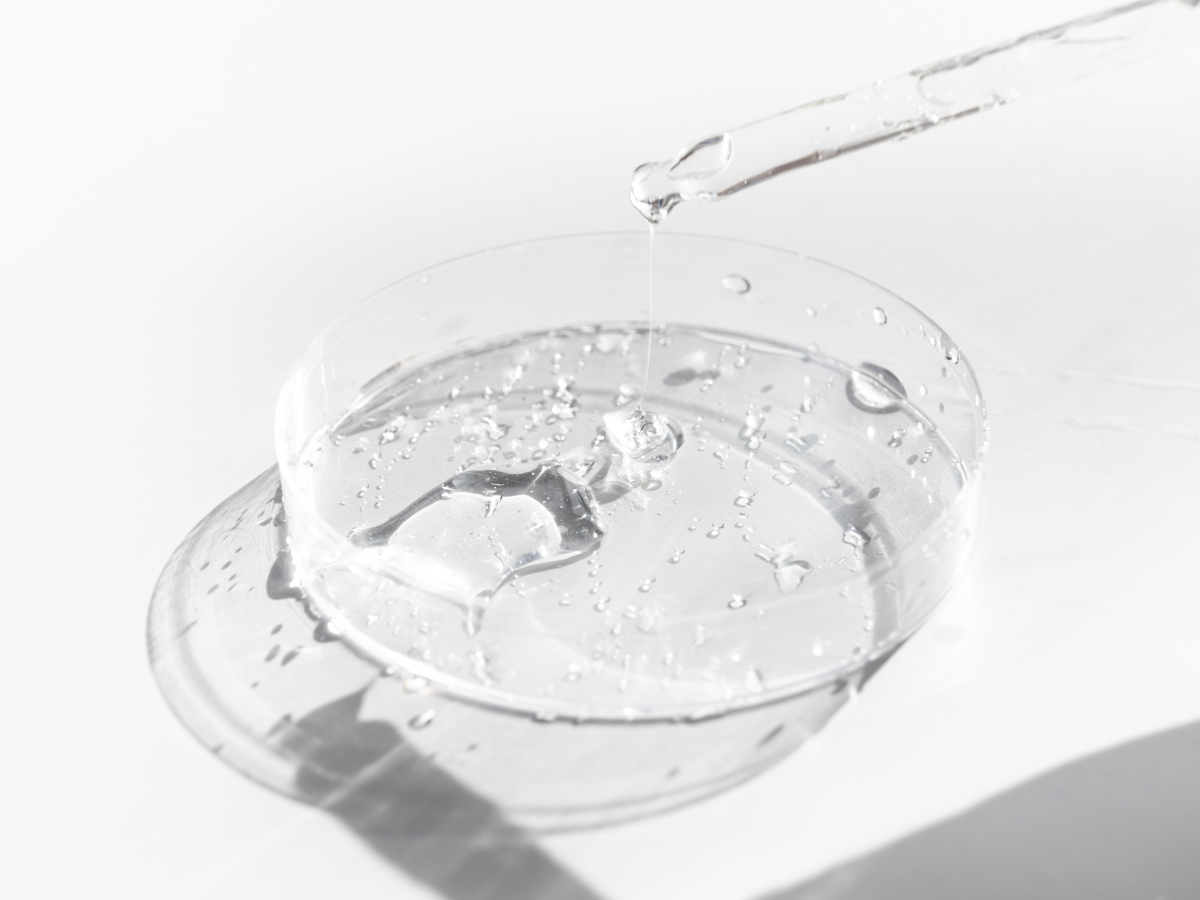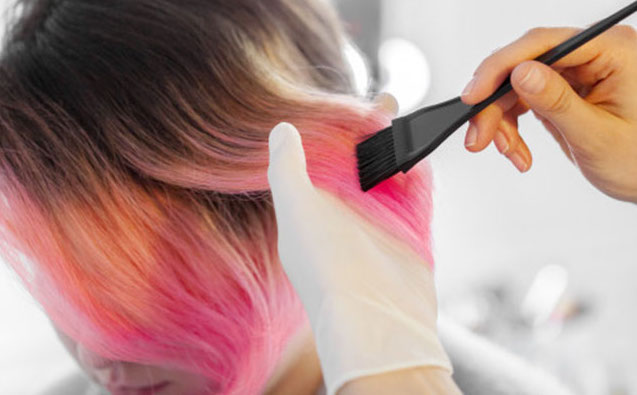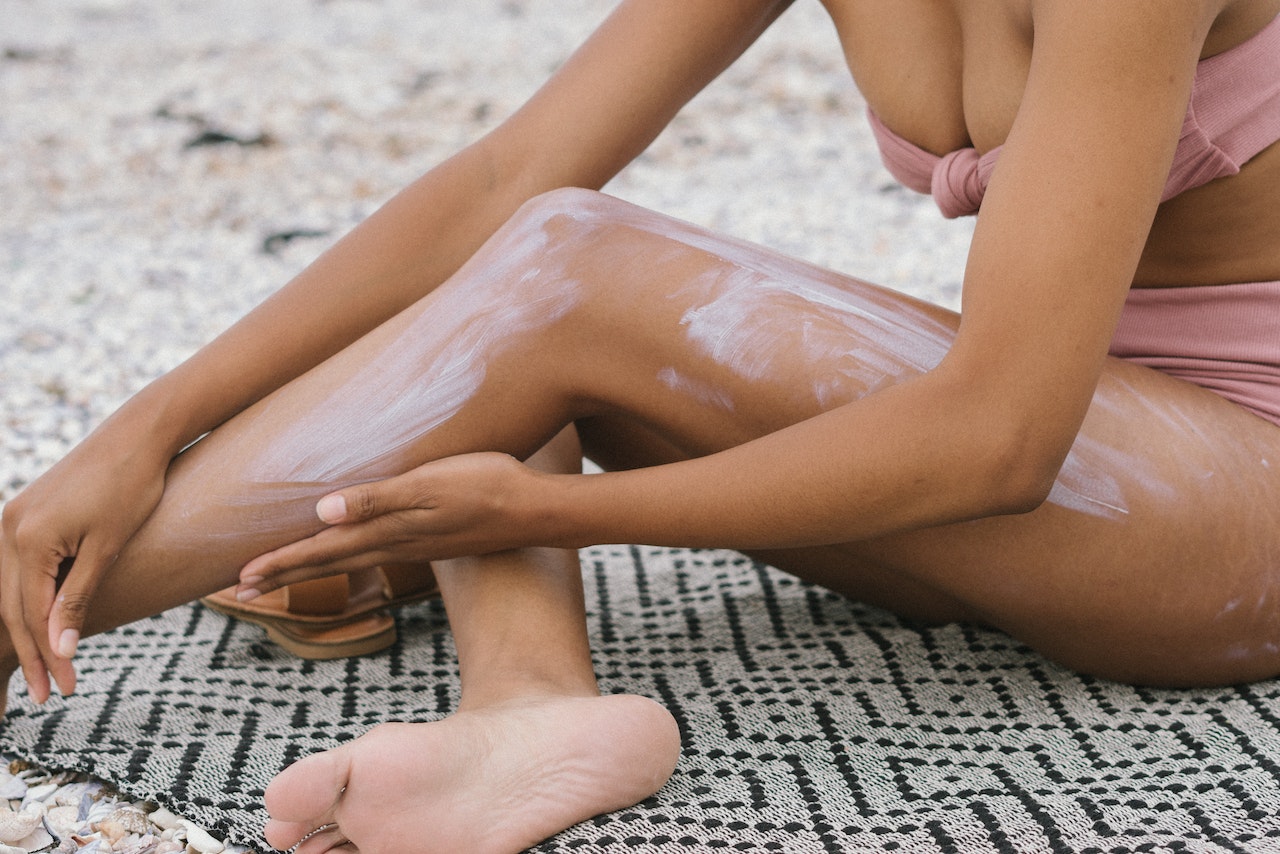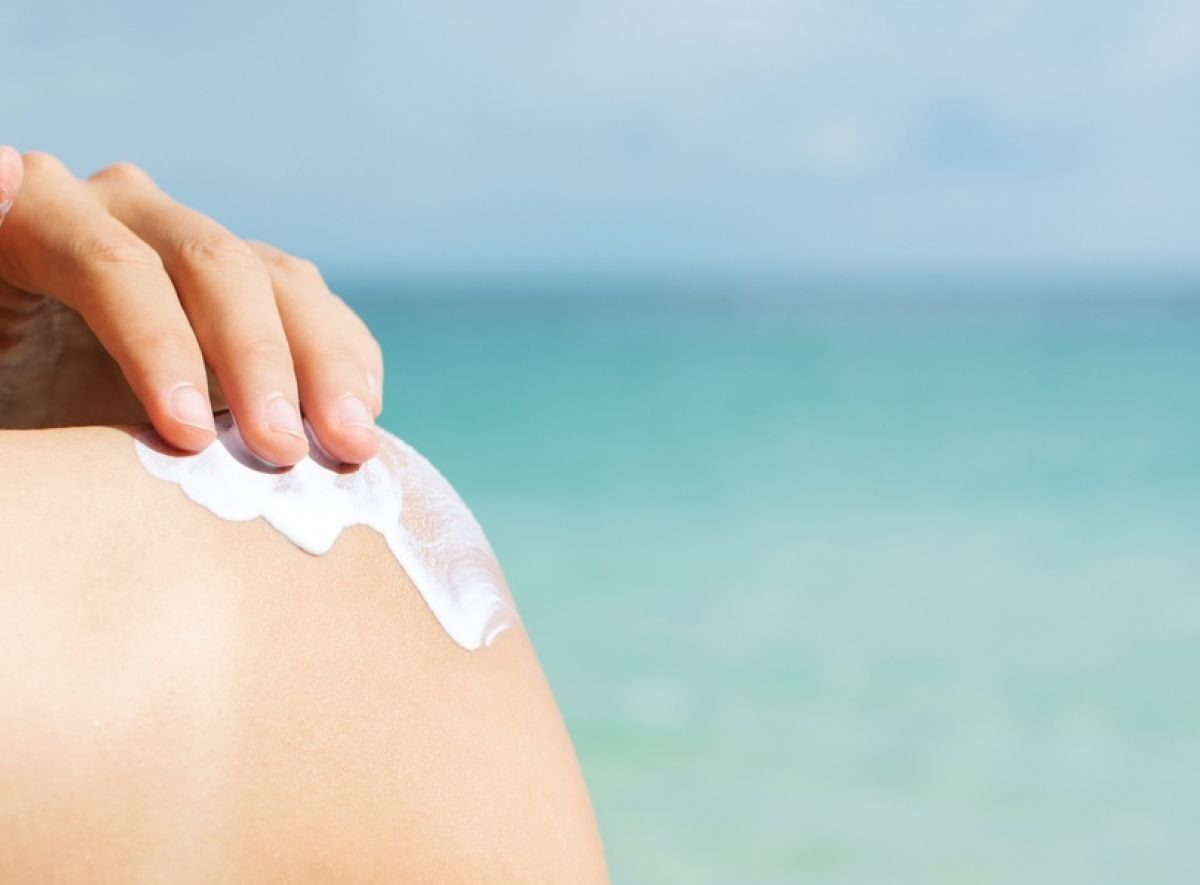On May 14th 2020, AB 2762, the Toxic-Free Cosmetics Act, was passed out by the California State Assembly Committee on Environmental Safety and Toxic Materials, by unanimous vote.
Largely in line with bill AB 495 considered in 2019, this bill would, commencing January 1, 2025, prohibit a person or entity from manufacturing, selling, delivering, holding, or offering for sale in commerce any cosmetic product that contains any of several specified intentionally added ingredients, except under specified circumstances.
If adopted, the Act would ban 12 chemicals from cosmetics, including:
1. Dibutyl phthalate (CAS no. 84-74-2)
2. Diethylhexyl phthalate (CAS no. 117-81-7)
3. Formaldehyde (CAS no. 50-00-0)
4. Paraformaldehyde (CAS no. 30525-89-4)
5. Methylene glycol (CAS no. 463-57-0)
6. Quaternium-15 (CAS no. 51229-78-8)
7. Mercury (CAS no. 7439-97-6)
8. Isobutylparaben (CAS no. 4247-02-3)
9. Isopropylparaben (CAS no. 4191-73-5)
10. m-Phenylenediamine and its salts (CAS no. 108-45-2)
11. o-Phenylenediamine and its salts (CAS no. 95-54-5)
12. Long-chain per- and polyfluoroalkyl substances (PFAS) and their salts.
All of these chemicals are currently banned from cosmetic products sold in the European Union but are legally being used in cosmetic products sold in California and throughout the United States.
References:
1. Assembly Bill No. 2762, an act to add Section 111663 to the Health and Safety Code, relating to cosmetics https://leginfo.legislature.ca.gov/faces/billTextClient.xhtml?bill_id=201920200AB2762

